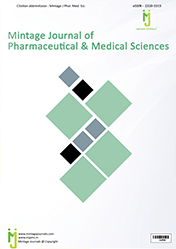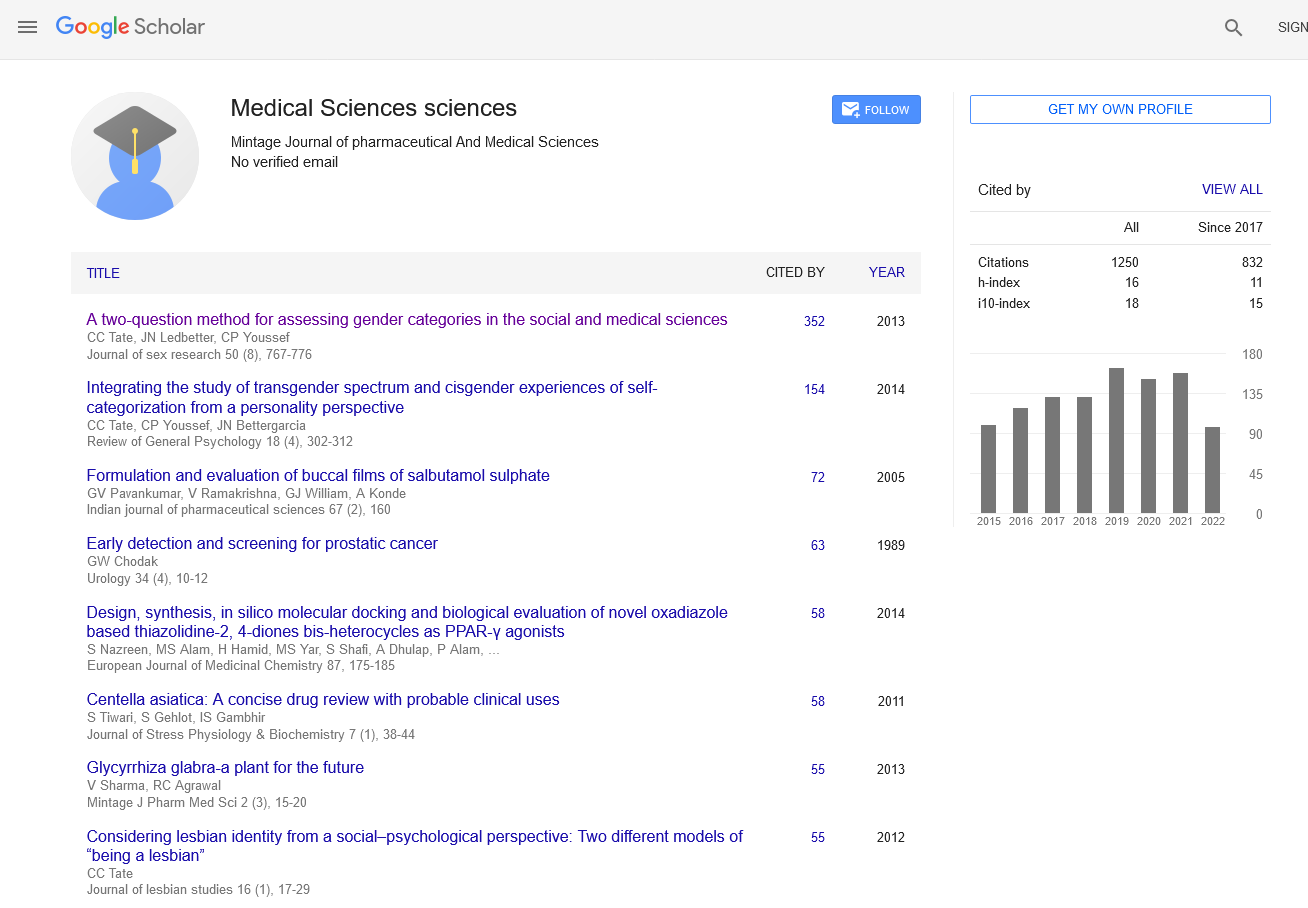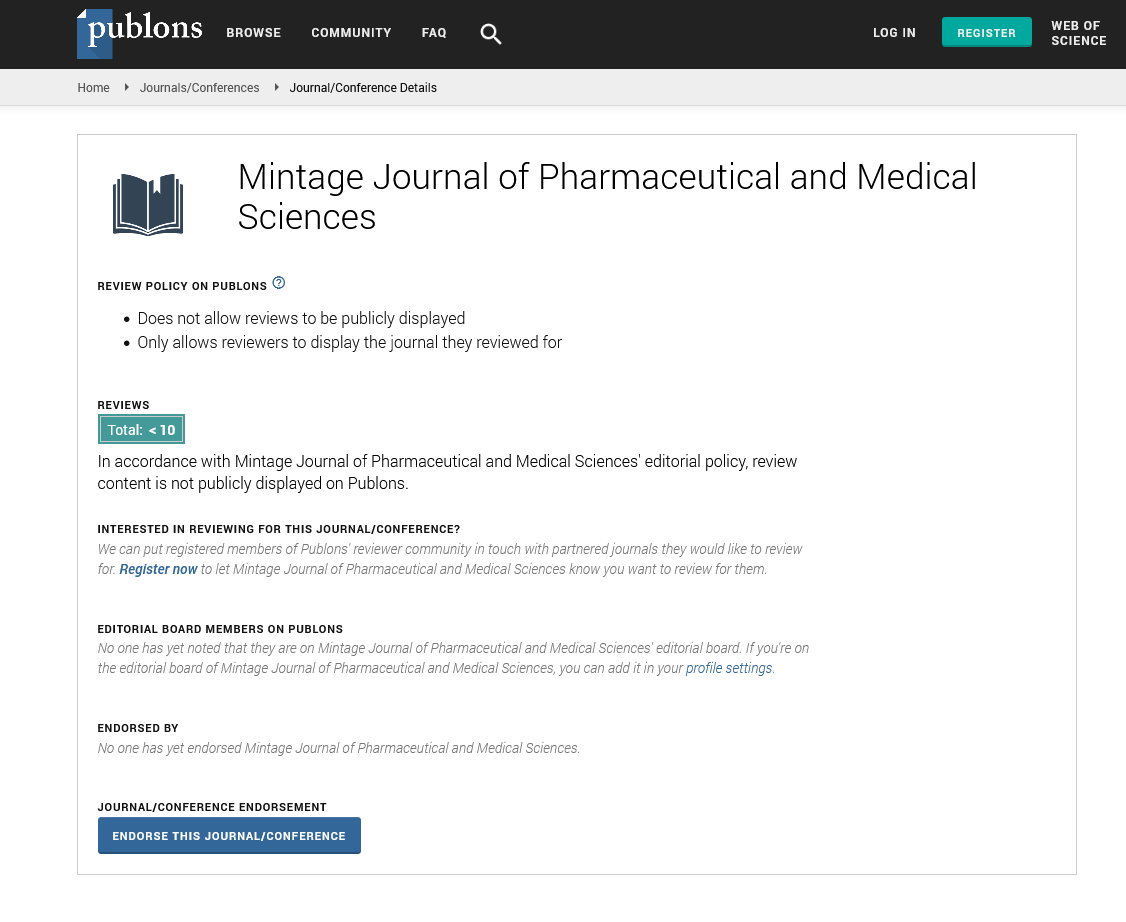Abstract
IN VITRO ANTIPROLIFERATIVE AND IN SILICO ACTIVITY OF RUBIADIN ISOLATED FROM ROOTS OF Rubia Cordifolia
Author(s): PADMAA M PAARAKH*1, DILEEPCHANDRA SREERAM2, SHRUTHISD3, SUJAN GANAPATHY PS4, VEDAMURTHY AB
Background:Rubia cordifolia Linn.[ Rubiaceae], commonly known as Indian Maddar and Manjistha, is used as medicine for treatment of various ailmentsin Traditional System of Medicine of India. Purpose:To isolate rubiadin and evaluate in vitro antiproliferative activity and in silico method. Material and Methods:Rubiadin was isolated from the roots of R.cordifolia. Rubiadin was characterized by IR, 1H-NMR, 13C-NMR and Mass spectrum. Standardization of rubiadin was done also by HPLC fingerprinting. In vitro antiproliferative activity was done using HeLa cell lines by MTT assay at different concentrations ranging from 20-100 μg/ml intriplicate and in silico docking studies using enzyme EGFR tyrosine kinase. Results:Fingerprinting of isolated rubiadin were done by HPLC method. The IC50value was found to be 56.63 ± 0.025 μg/ml in in vitro antiproliferative activity in HeLa celllines. Rubiadin was subjected to molecular docking studies for the inhibition of the enzyme EGFR tyrosine kinase, which is one of the targets for inhibition of cancer cells. It has shown -7.07 kJ mol-1 binding and -7.12 kJ mol-1 docking energy with two hydrogen bonds. Conclusion: Rubiadin has shown to possess in vitro antiproliferative activity and in silico studies

ISSN: 2320-3315
ICV :81.58

